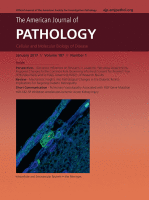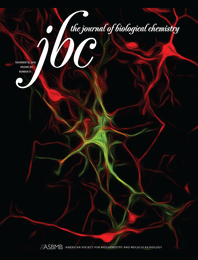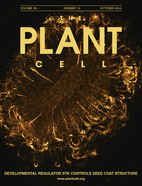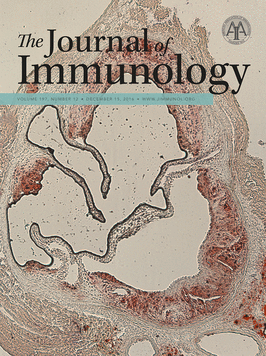 A pathology journal is retracting two papers after an investigation at the last author’s institution in Germany found evidence of scientific misconduct.
A pathology journal is retracting two papers after an investigation at the last author’s institution in Germany found evidence of scientific misconduct.
The notice for both papers cites an investigation involving Regine Schneider-Stock, who studies cancer biology at the Friedrich Alexander-University Erlangen-Nuremberg (FAU). Meanwhile, another 2005 paper that lists Schneider-Stock as the first author was retracted in October, noting evidence of image manipulation.
The most recent retractions, from the American Journal of Pathology, note that FAU declined to provide the journal with details of its investigation beyond a prepared statement:
Continue reading Cancer researcher in Germany loses multiple papers after misconduct finding






 An investigation into the lab of a prominent cancer researcher in British Columbia has revealed nearly 30 acts of misconduct.
An investigation into the lab of a prominent cancer researcher in British Columbia has revealed nearly 30 acts of misconduct.  A lab at the University of California, Los Angeles has retracted two papers for duplicated images.
A lab at the University of California, Los Angeles has retracted two papers for duplicated images.